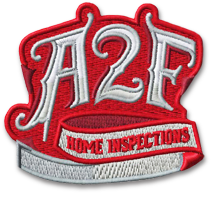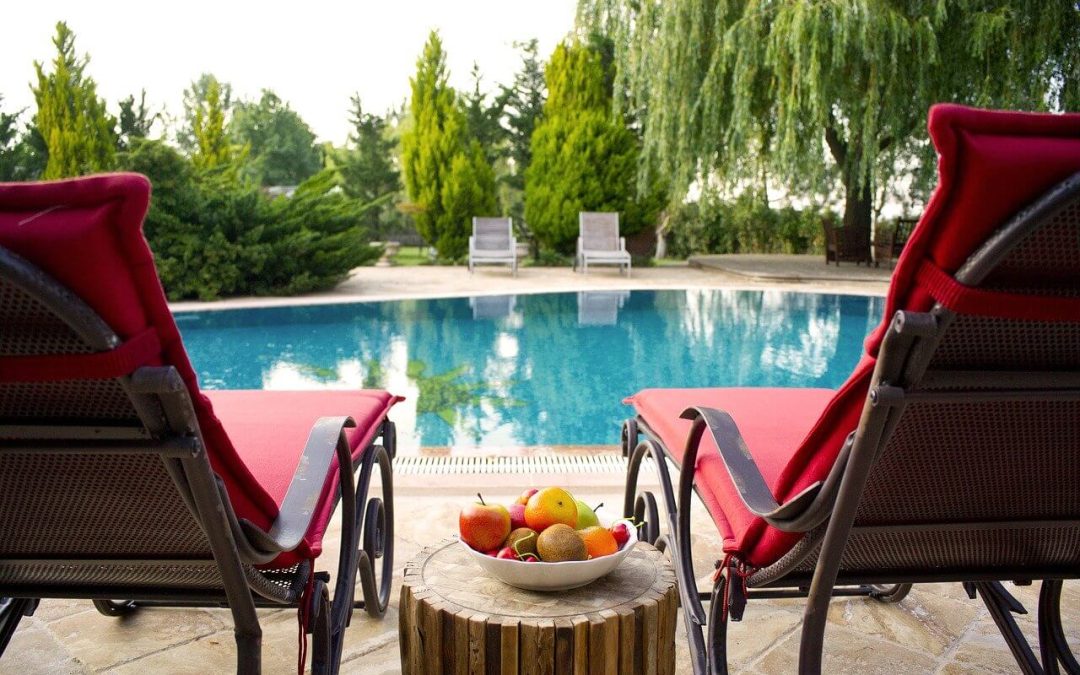During the summer, everyone enjoys relaxing by the pool. Pool maintenance is the last thing you want to think about after a long week at work. To get the most out of your backyard pool, there are a few things that you need to consistently do. Let’s look at a few basic tips for swimming pool maintenance so you can focus on enjoying the pool this season.
Maintenance for Swimming Pool Cleanliness
A pool that is not well-maintained ruins the experience for everyone. Clean, clear water is refreshing and inviting. Don’t allow the pool to become contaminated by leaves, dirt, and insects. Create a pool-cleaning checklist and make time, at least weekly, to perform those tasks. Purchase quality tools for brushing and skimming your pool. Good tools make the job easier. Buy a vacuum for the pool to easily remove dirt and other debris.
An excellent swimming pool maintenance hack is to throw a few tennis balls in the water. The material of the tennis balls absorbs residues from the pool.
Water Circulation
Still, stagnant water encourages the build-up of algae and attracts insects as a breeding ground. An essential part of swimming pool maintenance is keeping the water flowing. If you cannot afford to run the filter around the clock, run the pool pump for at least ten hours each day. This helps keep the water clean and safe for swimming. Backwash your filter, as recommended by the manufacturer, by running the water in reverse, flushing out dirt and contaminants.
Chemicals and Swimming Pool Maintenance
To keep the pool safe for swimming and to prevent skin and eye irritation, make sure the water chemistry is well balanced. Test the water using a test strip kit. The colors on the kit will let you know the pH and if it is too basic or too acidic. Add chemicals as needed to balance the pH levels of your pool. Keep your pH level at an ideal 7.4 to 7.6 range by adding sodium carbonate if it’s below 7.2 pH level or sodium bisulfate if it’s more than 7.8.
Test strips usually come with a color swatch that indicates the alkaline levels are above 100 parts per million (ppm) and below 150 ppm. If your water sample is within this range, the alkaline levels are good. If you need to raise the alkalinity level, use soda ash or baking soda as an agent.
Finally, use the recommended sanitizing agents for your pool: bromine works best in higher water temperatures, while chlorine is best in temperatures below 65 degrees. That means chlorine works best if your pool is unheated. Stick to the recommended use for each product and follow the instructions carefully.
The most important thing about swimming pool maintenance is that you need to be consistent. Learn to maintain it as a habit. If done right, you can enjoy using your pool all summer long.
Attic to Foundation Home Inspections serves Greater Atlanta with home inspection services, including pool and spa inspections. Contact us to book an appointment.

